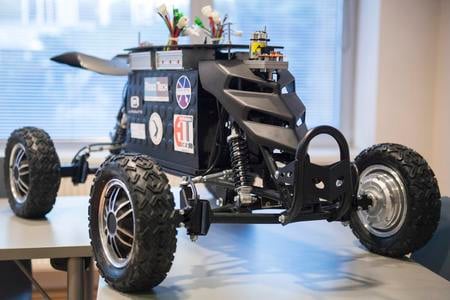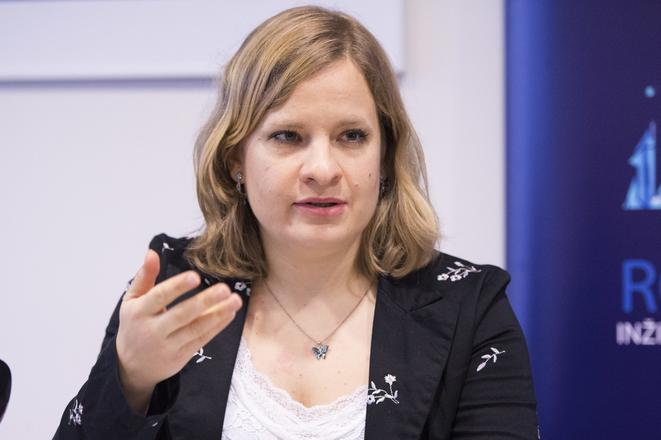The simulated Mars mission organised by NASA and the University of Hawaii ended much earlier than planned.
Intended to last eight months, the sixth simulated mission started on February 15 on the Mauna Loa volcano in Hawaii, at an altitude of 2,500 metres. Slovak scientist Michaela Musilová was part of the five-member crew.
She is currently working for the Canada-France-Hawaii Telescope. She left the mission because her visa would have forfeited and she would not be allowed to return in the next two years, according to a press release sent to media on April 23.
Problems from the very beginning
The mission was preceded by a 15-month selection procedure that took place in several rounds before the final testing crew was selected. Apart from the Slovak scientist, there was one Korean, one British and two Australians.

The mission started as planned, and the crew had to undergo difficult training nine days beforehand.
“The mission organisers prepared many activities for us, I had nearly no sleep before the mission started,” Musilová said, as quoted in the press release, adding she barely had a chance to say goodbye to her closest friends. “As soon as we entered the habitat and stayed close, we hugged one another and had faith in what was awaiting us for the next eight months.”
They had to a lot of hard work and had nearly no time to relax. In addition, problems started occurring. Their toilet broke and since there were storms, they were unable to charge the solar panels batteries and could not communicate with Earth for 20 hours, she described.
As a result of several critical situations, one crew member got seriously injured and had to be taken to the hospital. Subsequently, the mission was suspended. At the time, NASA and the University of Hawaii launched an investigation into what had happened.
After the crew member was released from the hospital, the preparations for restoring the mission started. However, in the meantime, another crew member decided to leave.
This ended the mission as it could not continue with only three members.
What was the aim?
Musilová was selected to be in charge of the geological and biological research. To help her with the former, she was given a rover, designed by the Slovak company RoboTech Vision. Apart from carrying samples and heavy items, it was expected to collect and save data from various sensors and cameras that could be later used by the company and provided to university students.
The aim was to test the psychological aspects of life and work in a closed space without privacy on “a different planet”. It was expected that the crew would face various problems that could have occurred during a mission on Mars, including limited communication with Earth.
Another mission is planned to start later this year.


 Michaela Musilová (source: TASR)
Michaela Musilová (source: TASR)